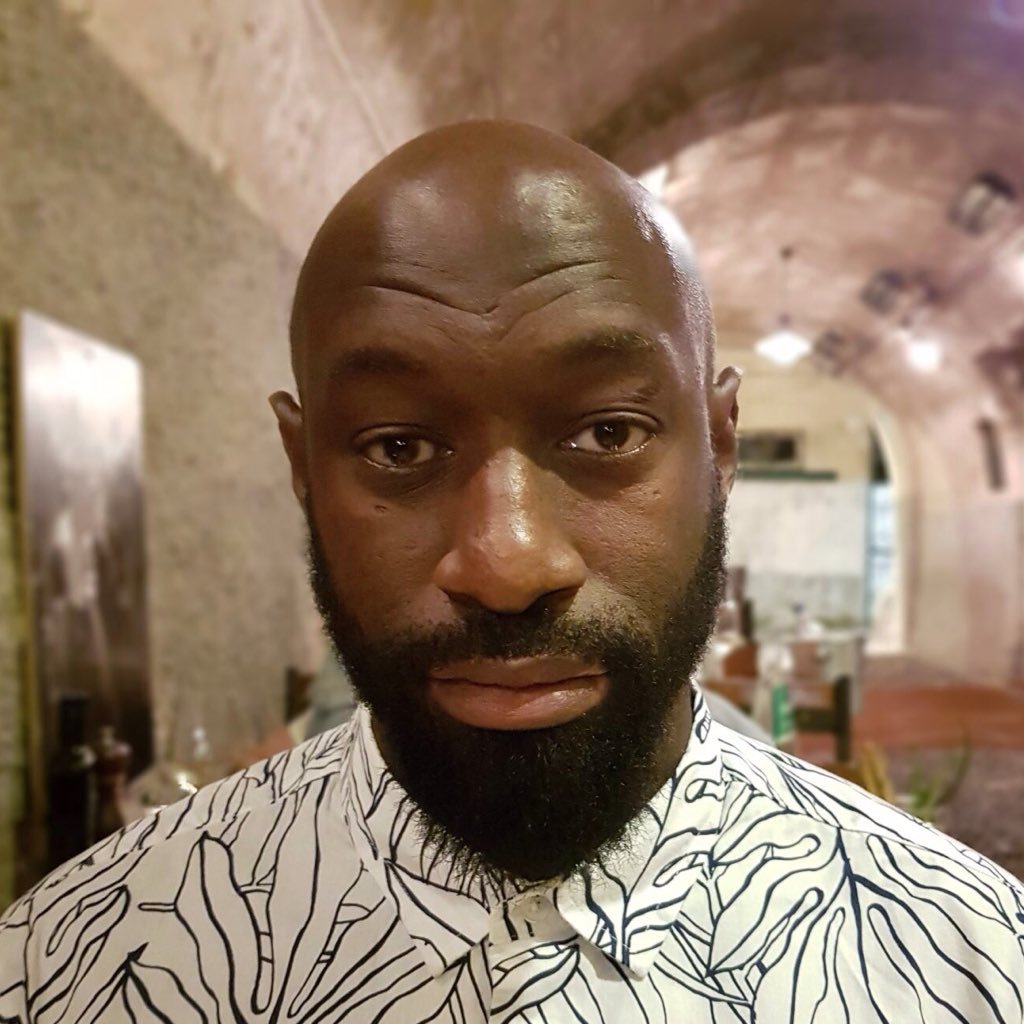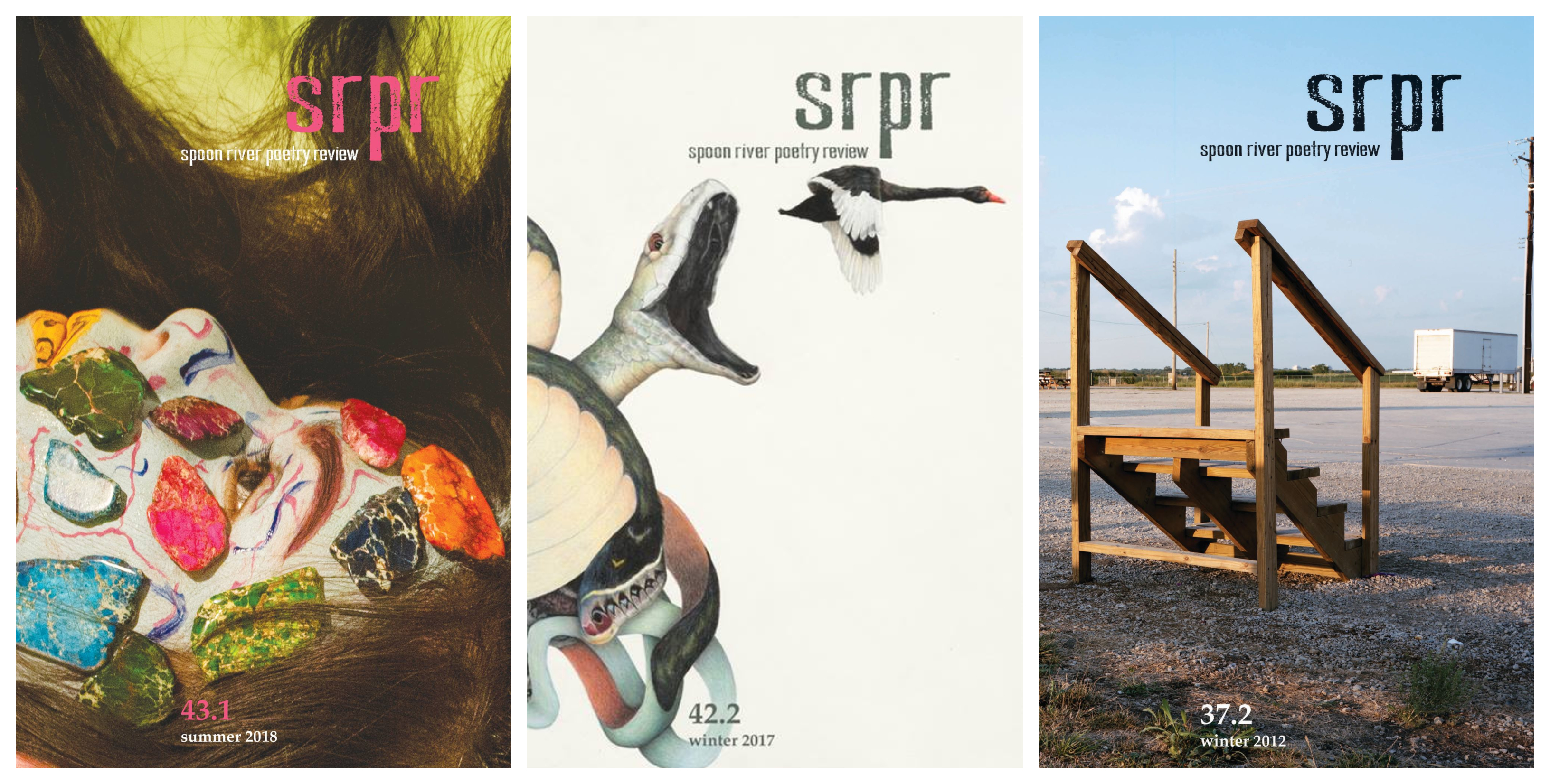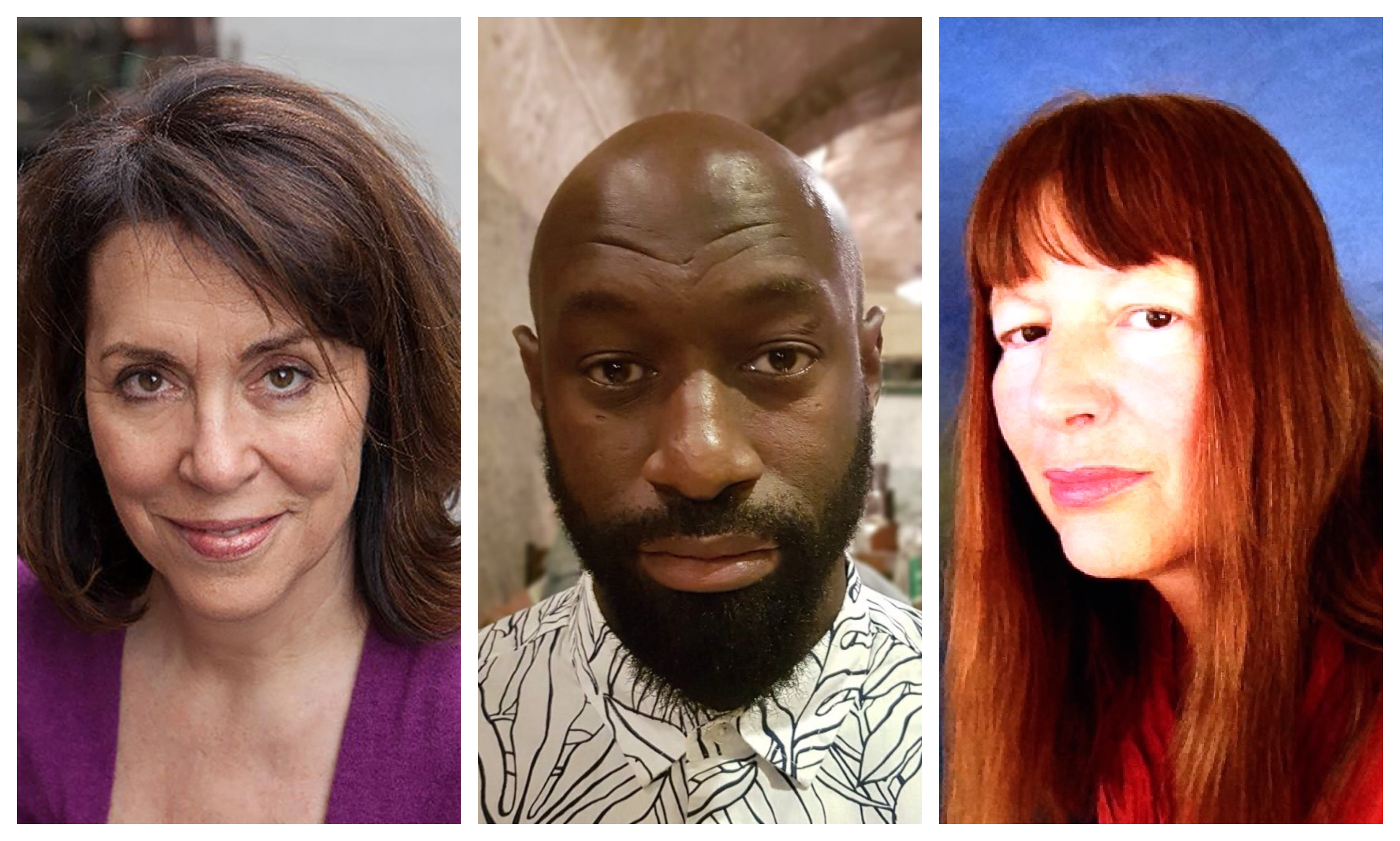As we head into the end of March, consider submitting to these writing contests for poets and prose writers. Each contest offers a prize of at least $1,000 and has a deadline of March 31.
Arts & Letters Prizes: Three prizes of $1,000 each and publication in Arts & Letters are given annually for a group of poems, a short story, and an essay. GennaRose Nethercott will judge in poetry, Peter Nichols will judge in fiction, and Pam Houston will judge in nonfiction. Entry fee: $20. Deadline: March 31.
Bellingham Review Literary Awards: Three prizes of $1,000 each and publication in Bellingham Review are given annually for works of poetry, fiction, and creative nonfiction. The 49th Parallel Award for Poetry is given for a poem or group of poems; Nickole Brown will judge. The Tobias Wolff Award for Fiction is given for a short story; Robin Hemley will judge. The Annie Dillard Award for Creative Nonfiction is given for an essay; Ira Sukrungruang will judge. Entry fee: $20. Deadline: March 31.
Black Lawrence Press Hudson Prize: A prize of $1,000, publication by Black Lawrence Press, and 10 author copies is given annually for a collection of poems or short stories. The editors will judge. Entry fee: $25. Deadline: March 31.
Bosque Press Fiction Prize: A prize of $1,000 and publication in bosque is given annually for a short story or a novel excerpt by a writer over the age of 40. Julie Williams will judge. Entry fee: $22. Deadline: March 31.
Elixir Press Antivenom Poetry Award: A prize of $1,000 and publication by Elixir Press is given annually for a first or second poetry collection. Ariana-Sophia Kartsonis will judge. Entry fee: None. Deadline: March 31.
Fish Publishing Poetry Prize: A prize of €1,000 (approximately $1,180) and publication in the Fish Publishing anthology is given annually for a single poem. The winner is also invited to read at the anthology launch event at the West Cork Literary Festival in July. Billy Collins will judge. Entry fee: $17. Deadline: March 31.
Florida Review Editors’ Awards: Three prizes of $1,000 each and publication in Florida Review are given annually for a group of poems, a short story, and an essay. The editors will judge. Entry fee: $25. Deadline: March 31.
Indiana Review Poetry and Fiction Prizes: Two prizes of $1,000 each and publication in Indiana Review are given annually for a group of poems and a story. Entry fee: $20. Deadline: March 31.
Lascaux Review Poetry Prize: A prize of $1,000 and publication in Lascaux Review is given annually for a single poem. Entry fee: $15. Deadline: March 31.
Narrative Winter Story Contest: A prize of $2,500 and publication in Narrative is given annually for a short story, a short short story, an essay, or an excerpt from a longer work of fiction or creative nonfiction. A second-place prize of $1,000 is also awarded. The editors will judge. Entry fee: $26. Deadline: March 31.
Press 53 Prime Number Magazine Awards: Two prizes of $1,000 each and publication in Prime Number Magazine are given annually for a poem and a short story. Ginger Murchison will judge in poetry and Pinckney Benedict will judge in fiction. Entry fee: $15. Deadline: March 31.
Red Hen Press Nonfiction Award: A prize of $1,000 and publication by Red Hen Press is given annually for an essay collection, memoir, or book of narrative nonfiction. Nikki Moustaki will judge. Entry fee: $25. Deadline: March 31.
Willie Morris Award for Southern Poetry: A prize of $2,500 will be given annually for poem that exudes the American South in spirit, history, landscape, or experience. The winner will also receive an all-expenses-paid trip to New York City in October. Susan Kinsolving will judge. Entry fee: None. Deadline: March 31.
Visit the contest websites for complete guidelines, and check out the Poets & Writers Grants & Awards database and Submission Calendar for more contests in poetry, fiction, and creative nonfiction.











